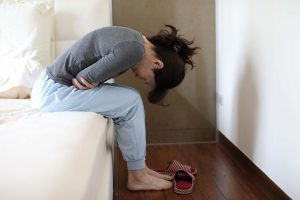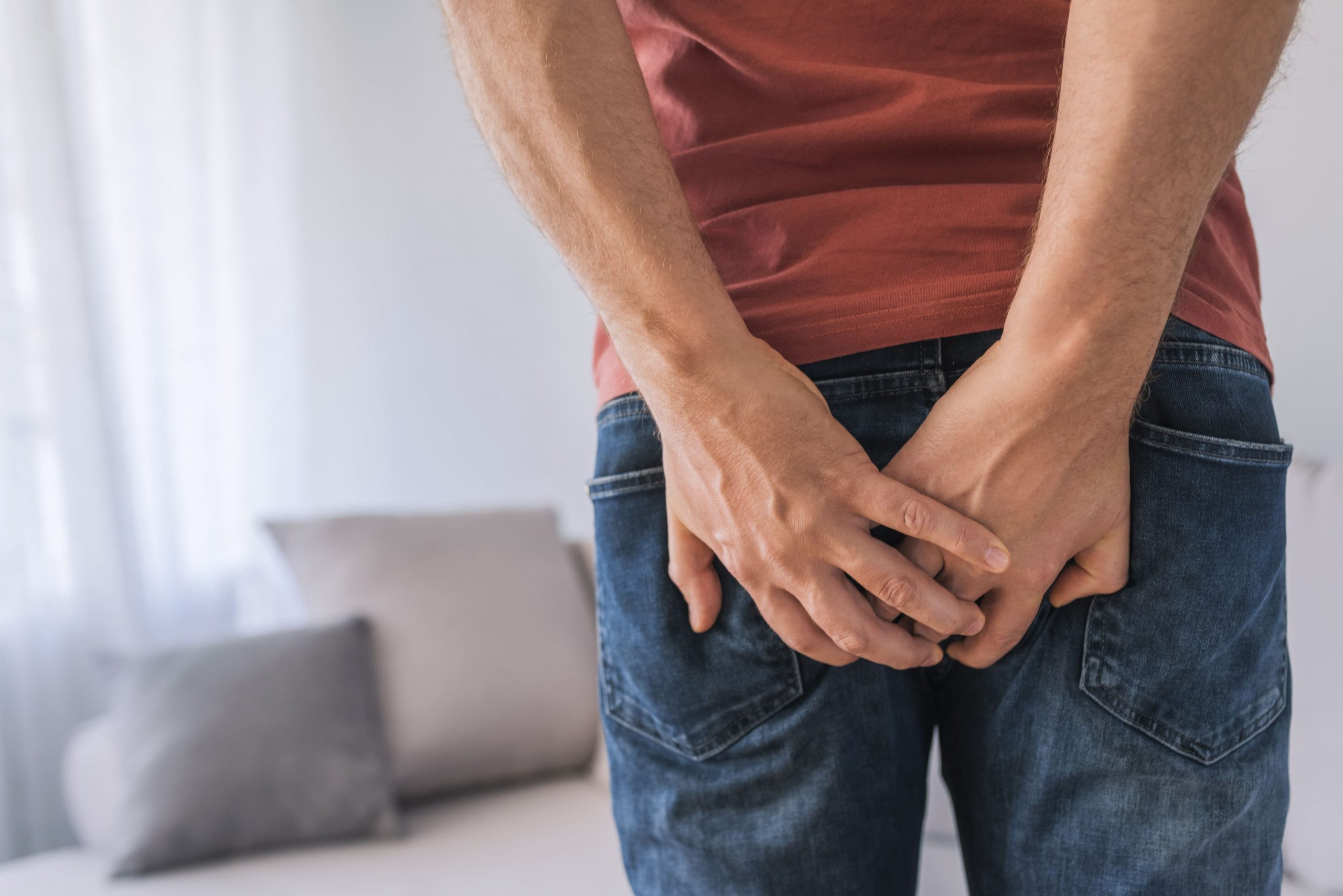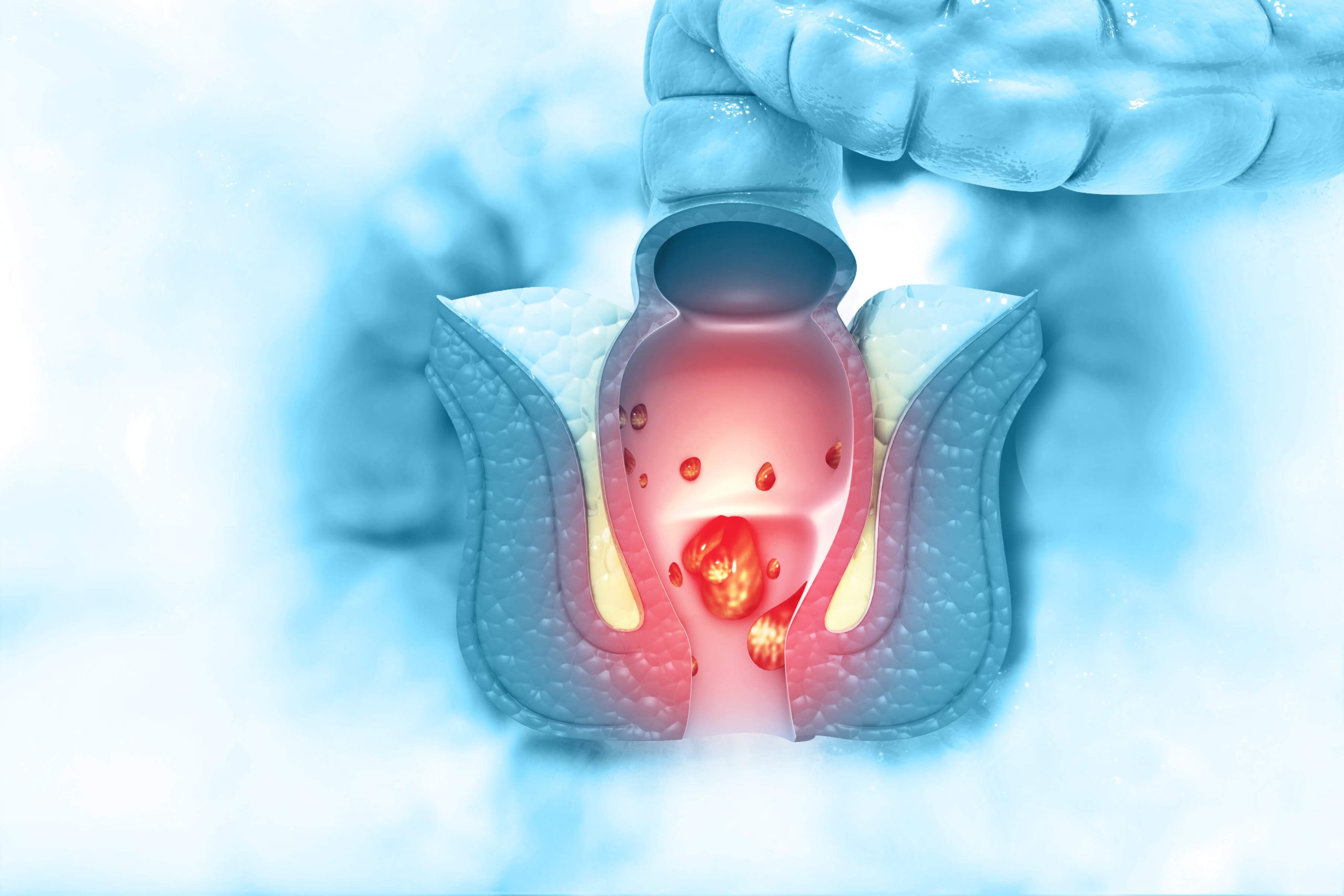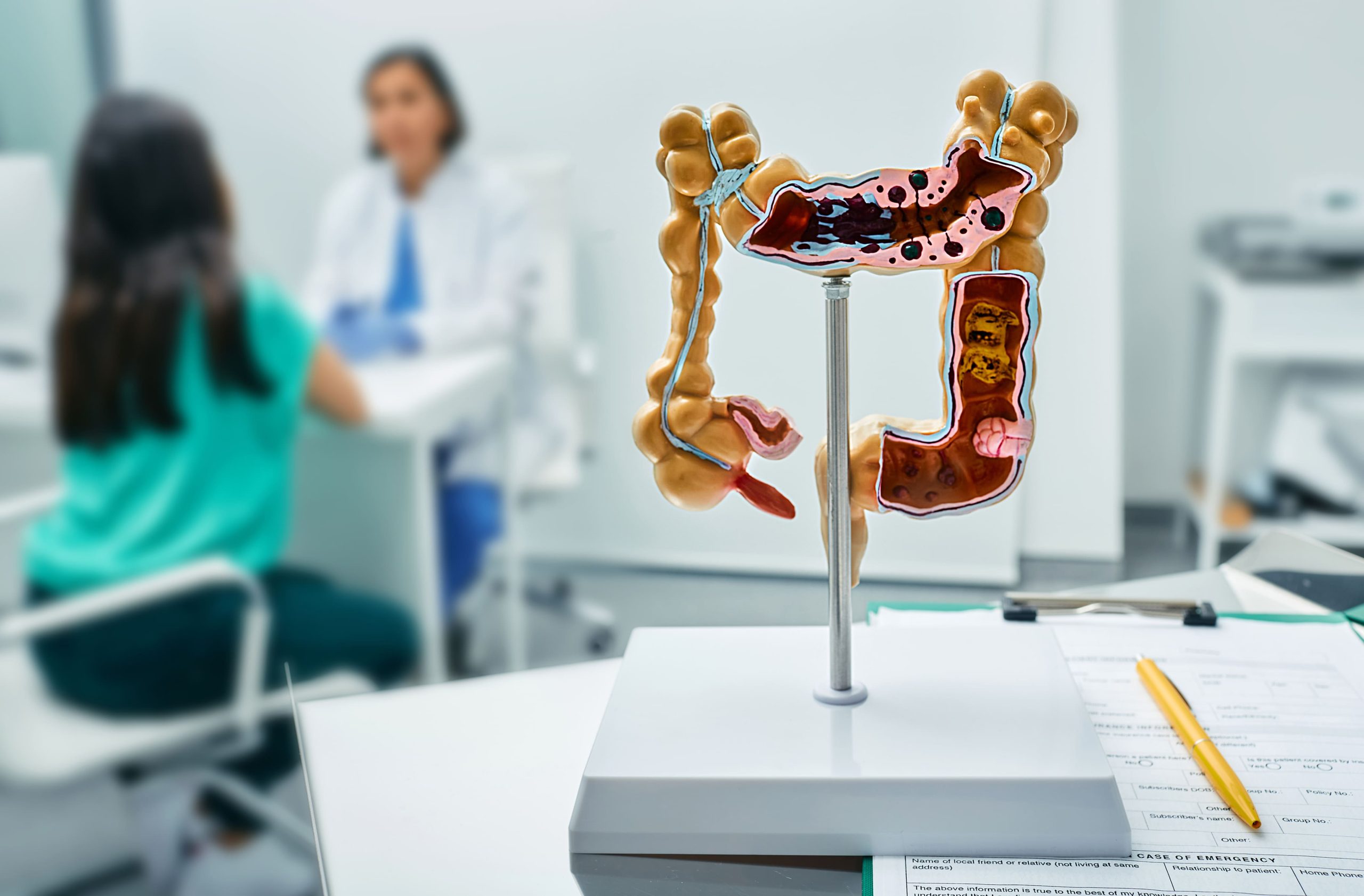Colorectal Health
Irritable Bowel Syndrome (IBS): Triggers & Prevention
Medically reviewed by Dr. Sim Hsien Lin

Irritable Bowel Syndrome (IBS) is a chronic gastrointestinal or bowel disorder featuring recurrent abdominal pain with diarrhoea or constipation. In Singapore, almost one in ten people suffer from Irritable Bowel Syndrome (IBS). IBS tends to affect more women than men. It can occur at almost any age but IBS tends to occur most frequently for adults in their 30s and 40s.
For people with IBS, their gut motility and function are affected. Symptoms of IBS can vary, with some having diarrhoea while others are constipated. There can also be cases of IBS where patients experience both diarrhoea and constipation alternatively.
Read on to learn more about the triggers and preventive measures for IBS.
What Are the Symptoms of IBS?
Symptoms of Irritable Bowel Syndrome vary between affected individuals. Your symptoms can range from mild to severe, and these include:
- Crampy abdominal pain
- Gassiness
- Bloating
- Diarrhoea
- Constipation
For more serious cases, some other ‘red warning’ signs may be observed:
- Rectal bleeding
- Age of onset over 60
- Family history of bowel or ovarian cancer
- Unexplained, unintentional weight loss
- Abdominal, rectal or pelvic masses
- Anaemia
- Raised inflammatory markers
It is important to get evaluated by your doctor and seek medical treatment in time if the above symptoms do not go away.
What Are the Different Types of IBS?
Irritable Bowel Syndrome (IBS) can be categorised based on the type of bowel movements you have:
- IBS with constipation (IBS-C): Most of your poop is hard and lumpy.
- IBS with diarrhoea (IBS-D): Most of your poop is loose and watery.
- IBS with mixed bowel habits (IBS-M): You have both hard and lumpy bowel movements and loose and watery movements on the same day.
Read on to learn more about each IBS types:
IBS With Constipation (IBS-C)
One of the most frequent types of IBS is IBS with constipation, or also known as IBS-C. Symptoms of IBS-C include abdominal pain and discomfort, along with changes in bowel function. Bloating and/or gas may also happen.
You may find yourself straining, with infrequent stools, hard or lumpy stools, and/or a feeling that the bowel does not empty completely. With IBS-C, abdominal discomfort often improves after a bowel movement.
IBS With Diarrhoea (IBS-D)
IBS-D, or IBS with diarrhoea, is another type of IBS. In contrast to IBS-C, IBS-D causes the opposite problem.
For those experiencing IBS-D, stools are usually loose and frequent.
You may also experience abdominal pain that comes and goes, which often improves after having a bowel movement. Excessive gas is also a regular occurrence.
IBS With Mixed Bowel Habits (IBS-M)
If you have alternating bouts of constipation and diarrhoea, you may be experiencing IBS with Mixed Bowel Habits, also known as IBS-M.
IBS-M shares the same symptoms of both IBS with constipation (IBS-C) and IBS with diarrhoea (IBS-D). The only difference with IBS-M is that these symptoms alternate.
Many people with IBS also have non-gastrointestinal symptoms. These include fatigue, muscle pain, sexual dysfunctions, and sleep disturbances, often overlapping with other conditions.
Be sure to speak to your doctor for evaluation and accurate diagnosis of your condition.
IBS Triggers and How to Manage Them
Irritable bowel syndrome (IBS) can be a frustrating diagnosis, where patients experience belly pain and cramping, bloating, diarrhoea and/or constipation, and gas – all of which can be hard to manage.
While stress, medications, and monthly periods can be major triggers, so can the foods you eat. Understanding more about these potential food triggers and how to avoid them will help you make smart meal choices, so you have fewer IBS flare-ups.
Diet Triggers for IBS with Constipation (IBS-C)

- Refined (rather than whole) grain bread and cereals.
- Chips and cookies or other processed foods.
- Coffee, carbonated beverages, and alcoholic beverages.
- Diets high in protein.
- Cheese or other dairy products.
Recommended Diet Changes for IBS-C
- Increase your fibre intake by 2 to 3 grams each day until you reach a daily fibre intake of 25g (for women) or 38g (for men). Whole-grain bread and cereals, legumes, fruits, and vegetables are all good sources.
- Consume foods high in the sugar alternative sorbitol in moderation.
- Every day, drink plenty of plain water.
- Try flaxseed powder. It goes well with salads and cooked vegetables.
Diet Triggers for IBS with Diarrhoea (IBS-D)
- Too much fibre, especially insoluble fibre found in the skins of fruits and vegetables, is bad for you.
- Chocolate, alcohol, caffeine, fructose, or sorbitol-containing foods and beverages.
- Carbonated beverages.
- Large amounts of food.
- Foods that are fried or greasy.
- Lactose intolerance is a condition caused by a person’s inability to digest the milk sugar lactose.
- Wheat-based foods for persons who are gluten-intolerant or have a negative reaction to gluten.
Recommended Diet Changes for IBS-D
- Consume soluble fibre in moderation. It gives your stools more bulk. Whole wheat bread, oats, barley, brown rice, whole-grain pasta, fresh and dried fruits are all good sources.
- Do not eat meals that have extreme temperatures in the same meal, such as ice-cold water and scalding hot soup.
- Broccoli, onions, and cabbage should be avoided. They generate gas, which might aggravate your symptoms.
- Consume fewer calories.
- Water should be had an hour before or after meals, not during them.
- If you suspect you have a wheat allergy, consult your doctor or a dietician.
- Avoid gassy foods including beans, Brussels sprouts, wheat germ, raisins, and celery to relieve bloating and gas symptoms.
Anxiety or Stress
Anxiety and stress may be sources of triggers for IBS. These can stem from daily life such as work or familial issues.
To manage anxiety and stress, make healthy behaviours a priority. Consume a well-balanced, IBS-friendly diet. Get enough sleep and exercise regularly. As often as possible, do something enjoyable.
Drugs
Some medications trigger IBS in people. Here is a list of what may trouble those afflicted with IBS:
- Antibiotics
- Some antidepressants
- Sorbitol-based medicines, such as cough syrup
To manage this, you can consult your doctor about switching to a medication that won’t exacerbate your symptoms. However, consult with them before discontinuing your medication. Antidepressants should be chosen with caution. Consult your doctor concerning antidepressants.
Menstruation

Symptoms of IBS are often exacerbated during a woman’s menstruation. You won’t be able to prevent it, but you will be able to alleviate pain and discomfort throughout that time of the month.
Managing IBS symptoms during your period follows the same steps for treating your IBS symptoms at any other time. Some examples to manage IBS during menstruation include:
- Avoiding trigger foods
- Drinking plenty of fluids
- Getting enough sleep
- Eating at regular times
You should also stick with the medications your doctor recommends or has prescribed you.
Other Factors
Other triggers of IBS may include:
- Consuming food while eating or driving.
- Consuming food too quickly.
- Insufficient physical activity.
Manage the above triggers by removing any distractions when eating, in addition to obtaining at least 30 minutes of exercise every day. Simple lifestyle changes like these can aid in the prevention of constipation and the reduction of tension in your body.
Conclusion
IBS is a chronic disease that requires long-term management. With appropriate intervention and measures put in place, IBS can be managed well.
At SOG, we would be able to assist you with the help of our experienced colorectal specialist Dr. Sim Hsien Lin.
WHO WE ARE
About SOG Health Pte. Ltd.
Established in 2011, SOG Health Pte. Ltd. (“SOG”) is a leading healthcare service provider dedicated to delivering holistic health and wellness services to the modern family.
With a long and established track record in Singapore providing Obstetrics and Gynaecology (“O&G”) services such as pre-pregnancy counselling, delivery, pregnancy and post-delivery care, the Group has since further expanded its spectrum of healthcare services to include Paediatrics, Dermatology, and Cancer-related General Surgery (Colorectal, Breast & Thyroid).
The Group’s clinics, under its four operating segments of O&G, Paediatrics, Oncology and Dermatology, are strategically located throughout Singapore to provide easy access to its patients.
- Obstetrics
- Gynaecology
- GynaeOncology
- Breast, Thyroid & General Surgery
- Colorectal, Endoscopy & General Surgery
- Dermatology
- Paediatrics
Consult With A Specialist From SOG
Visit one of our specialists today to learn more about your health!
Recommended Specialists
Book An Appointment
Fill up this form and our clinic will get back to you shortly.
For general enquiries, please click here.





